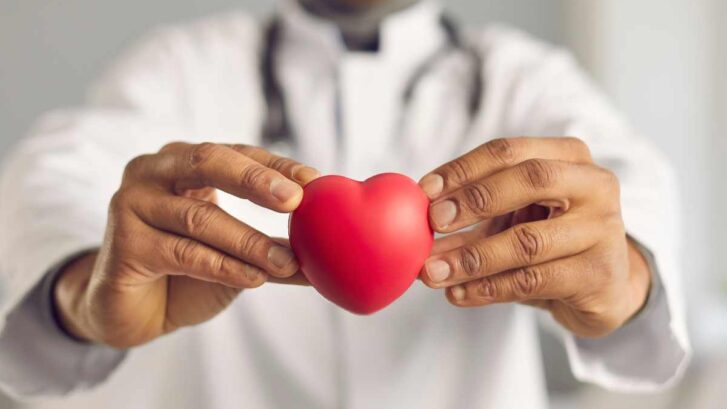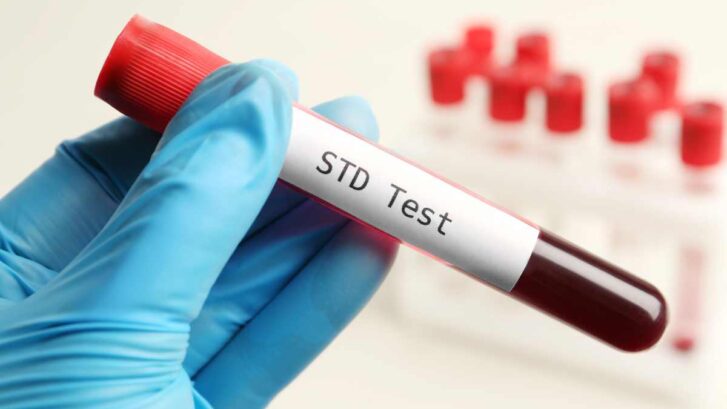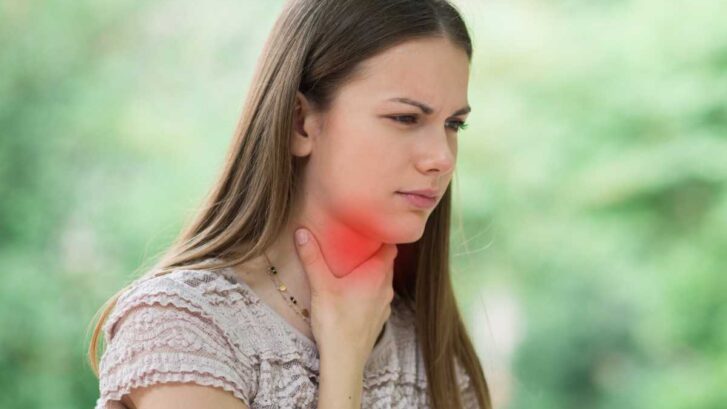Can Animal Bites be Treated at Home?
Animal bites are a common occurrence, especially for pet owners and young children. While most bites are minor and heal without problems, it’s important to understand how to care for them properly to prevent infection and other complications.
This blog post will answer some frequently asked questions about animal bites, including:
- What are the common causes of animal bites?
- What are the signs and symptoms of an animal bite?
- How do I care for an animal bite at home?
- When should I call a doctor about an animal bite?
- How can I prevent animal bites?
What causes animal bites?
The most common culprits behind animal bites are our furry companions – dogs and cats. Children are especially susceptible to bites on the face, head, and neck due to their smaller stature.
Cat bites, though less frequent, pose a higher risk of infection because their teeth are sharper and pierce deeper. Stray or wild animals like raccoons, skunks, and foxes can also inflict bites. Bites that puncture the skin are more likely to become infected.
One of the most serious concerns with animal bites is rabies, a deadly viral disease. While rare, rabies is transmitted through the saliva of infected animals.

What are the signs and symptoms of an animal bite?
Pain, bleeding, numbness, and tingling are common after an animal bite. Depending on the severity, you might also experience:
- Deep cuts or breaks in the skin, with or without bleeding
- Bruising around the bite area
- Crushing injuries causing severe tissue damage and scarring
- Tendon or joint injury that limits movement
- How do I care for an animal bite at home?
Because of the risk of infection, it’s crucial to see a doctor within 24 hours for any bite that breaks the skin. However, if immediate medical attention isn’t available, here are some basic steps for home care:
- Calm down and reassure the person who was bitten.
- Wash your hands thoroughly with soap and warm water before touching the wound.
- Apply gentle pressure with a clean cloth to stop any bleeding.
- Clean the wound thoroughly with mild soap and warm, running water for 3-5 minutes.
- Once cleaned, apply a thin layer of antibacterial ointment.
- Cover the wound with a dry, sterile bandage.
Animal bites can happen, but it’s important to know when to seek medical attention. Don’t wait if you experience swelling, redness, or pus draining from the wound – these could be signs of infection.
Bites on the head, face, neck, hands, or feet warrant a doctor’s visit as well, due to the sensitive areas involved. Deep or large bites also require a doctor’s assessment to ensure proper cleaning, and closure, and minimize scarring.
The presence of exposed muscle or bone is a serious situation and necessitates immediate medical attention. If you’re unsure whether stitches are needed, a doctor can make the best call to promote healing and reduce scarring.
Finally, remember that uncontrolled bleeding requires applying pressure and calling emergency services if it doesn’t stop after a few minutes. When in doubt, always seek medical attention for an animal bite to ensure proper healing and minimize complications.
Animal control or the local police should be contacted if you’re bitten by:
- An animal exhibiting strange behavior.
- An unknown pet or one without a current rabies vaccination.
- A stray or wild animal.
- Provide a description of the animal and its location to animal control so they can capture and isolate it if necessary.

Possible complications from animal bites
Thankfully, most animal bites heal without complications. However, some might require surgery for proper cleaning and closure. Deep or extensive bites can leave significant scars.
Here are some potential complications to be aware of:
Infection: This is the most common complication, especially for bites that puncture the skin. People with weakened immune systems, diabetes, or poor circulation are at higher risk.
Tendon or joint damage: Deep bites can damage tendons or joints, leading to movement limitations.
Rabies: This deadly viral disease requires immediate medical attention.
Getting a rabies shot right after being bitten is the best way to prevent this disease.
How can I prevent animal bites?
Keeping yourself and your loved ones safe from animal bites is important. Here are some steps you can take: First, teach children to never approach strange animals, even if they seem friendly. It’s also crucial to never provoke or tease any animal, regardless of how familiar you are with it. If you encounter an animal behaving aggressively or unusually, this could be a sign of rabies. In such situations, always give the animal a wide berth and don’t attempt to capture it yourself. Finally, supervise children closely whenever they’re around pets, even familiar ones.
If you are ever bitten by a wild animal or an unknown pet, seek immediate medical attention as they might carry rabies. For any bite that breaks the skin, it’s best to consult a doctor within 24 hours to ensure proper treatment and prevent complications.
Don’t wait to seek medical attention! If you experience any of these signs after an animal bite, it’s crucial to see a doctor or head straight to the emergency room. Here’s a breakdown of why immediate medical care is important:
Swelling, redness, or pus draining from the wound:
These are all potential signs of infection. Early intervention with antibiotics can prevent the infection from spreading and causing serious complications.
Bite on the head, face, neck, hands, or feet:
Bites in these areas can be more serious due to the proximity to nerves, blood vessels, and bones. A doctor will need to assess the wound thoroughly and ensure no underlying damage has occurred.
Deep or large bite wound:
Deep bites have a higher risk of infection because they puncture deeper into the skin and tissues. Large wounds may require stitches to close properly and minimize scarring.
Exposed muscle or bone:
This is a serious injury that requires immediate medical attention. A doctor will need to clean the wound thoroughly, potentially close it with stitches, and may recommend other interventions to prevent infection and promote healing.
Uncertainty about needing stitches:
Even if the bite doesn’t seem severe at first, a doctor can determine if stitches are necessary to close the wound effectively and minimize scarring. Stitches also help reduce the risk of infection.
Uncontrolled bleeding:
Apply firm pressure with a clean cloth to stop any bleeding. If the bleeding doesn’t stop after applying pressure for several minutes, call emergency services immediately. This could indicate a damaged blood vessel, which requires medical attention to prevent excessive blood loss.
Remember, when in doubt, always err on the side of caution. Seeking medical attention promptly can significantly improve the healing process and minimize the risk of complications from an animal bite.

When to Seek Professional Help: Don’t Wait Until It Worsens
While this guide equips you with basic knowledge about animal bites, remember it’s not a substitute for professional medical advice. If you experience a bite or any concerning symptoms, consult a healthcare provider as soon as possible. Early intervention can significantly improve the healing process and minimize complications.
For prompt and professional medical attention, consider visiting Urgent Care MDs. We have convenient locations throughout the area, including:
Our qualified staff can assess your bite wound, provide appropriate treatment, and recommend follow-up care if needed.
Skip the wait and hassle of scheduling a primary care appointment. Search “urgent care near me” or visit our website to find a Primary Care physician in Baytown, Tx. We’re here to help you heal quickly and get back to enjoying life!
The material contained on this site is for informational purposes only and DOES NOT CONSTITUTE THE PROVIDING OF MEDICAL ADVICE, and is not intended to be a substitute for independent professional medical judgment, advice, diagnosis, or treatment. Always seek the advice of your physician or other qualified healthcare provider with any questions or concerns you may have regarding your health.













